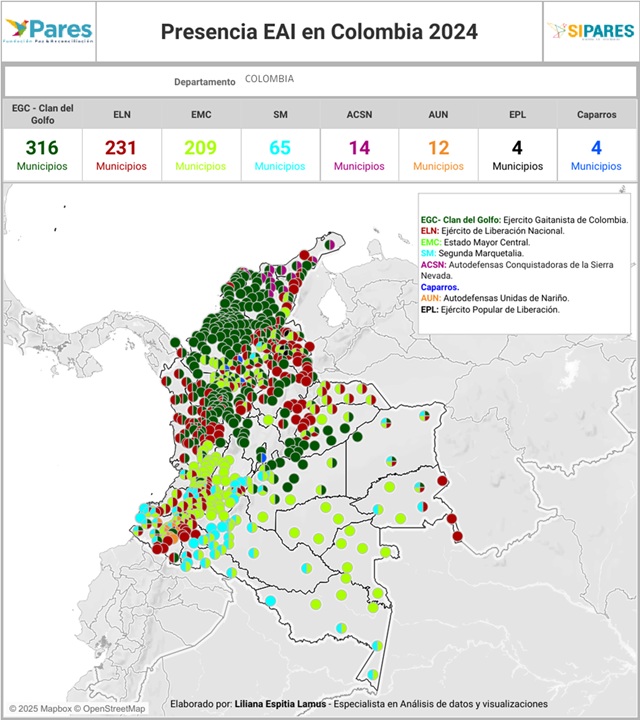Drummond Company announced that on January 15, 2026, a jury in the U.S. District Court for the Northern District of Alabama returned verdicts against attorney Terrence P. Collingsworth and his organization International Rights Advocates (IRAdvocates) on all counts in defamation and racketeering lawsuits. The plaintiff had accused the company of supporting armed groups in Colombia.
Ballena on the Caribbean coast produces only a fraction of what it used to but still contributes an important amount to the country’s dwindling supplies. Ecopetrol also plans to convert it to a gas import facility.
Ecopetrol (NYSE: EC) has suspended operations at its Norte Station in the troubled Catatumbo region of Norte de Santander, citing ongoing security threats from illegal armed groups.
Colombia continues to grapple with the economic toll of recurring roadblocks.
Cenit, a subsidiary of Grupo Ecopetrol, has activated its Emergency and Contingency Plan (PEC) for the Coveñas Caño Limón (CCL) pipeline following a terrorist attack that caused a loss of containment in the rural area of La Ceiba, Arauquita municipality, Arauca department.
Cenit, the hydrocarbon transportation subsidiary of Ecopetrol (NYSE: EC), has once again activated its Emergency and Contingency Plan (PEC) following a terrorist attack on its infrastructure in the rural area of Tame, in the Arauca department of Colombia.

A growing number of Colombian businesses are being impacted by rising insecurity, according to the latest Joint Industrial Opinion Survey (EOIC) conducted by the National Business Association of Colombia (ANDI).
In 2024, Colombia’s oil and gas industry experienced an alarming escalation in social unrest, with blockades and disruptions surging by 151% compared to the previous year.
Three months ago, we asked our readers if we should continue with our monthly peace essays. Absolutely no one commented and we assumed we should stop. But we do get questions about the security situation, so we thought we’d do a mid-year assessment.

At the IV Sustainability Facts Forum, Frank Pearl, President of the Colombian Petroleum and Gas Association (ACP), highlighted the serious impact that public order issues and violence have had on the development and stability of Colombia’s oil and gas industry.